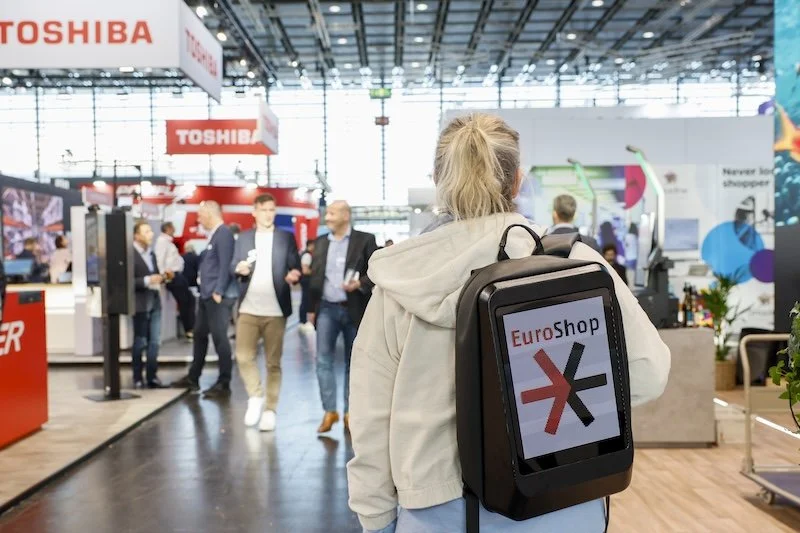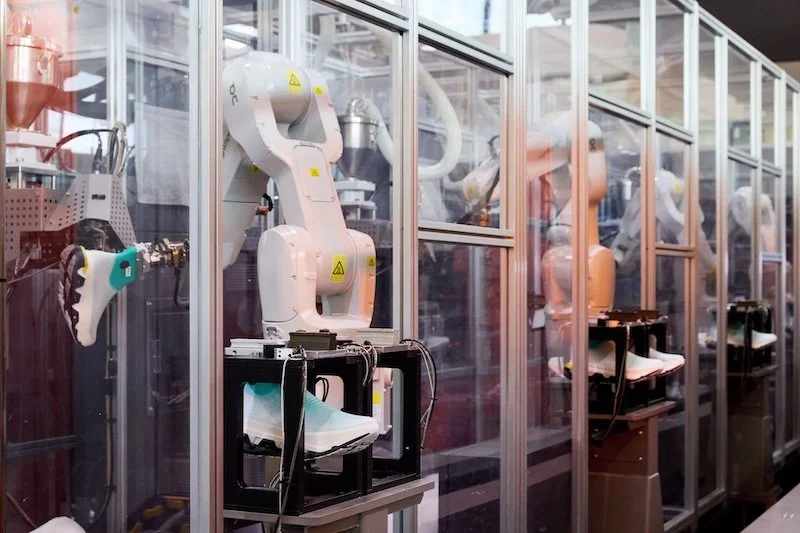Five technologies retail business owners should consider in a post Covid environment
It’s easy to say that Covid-19 had a massive impact on the global economy, but figuring out ways to get the economy back on track is far more complicated. The fact is that there is no one size fits all approach that all sectors can rely upon.
On the other hand, hundreds of emerging tech solutions are viable for use in the retail sector. However, not all of the tools can bring retail enterprises to a desirable level of stability in the (not so) post Covid-19 era.
Which one should you use?
Let’s take a look at five technologies that might be a good thing for retailers even without Covid, but are essential in the current environment.
Computer vision
Camera equipped computers powered by machine learning and artificial intelligence are the next big thing in the retail sector.
Thanks to computer vision, you have the option to streamline the checkout process, optimise the layout of your store, and make data driven improvements to the customer experience. What makes computer vision relevant post-Covid?
Store robots with computer vision can help you shift the focus of your staff towards customer service.
Computer vision robots can do things automatically and send alerts whenever they discover discrepancies, instead of having the staff comb the shelves looking for misplaced products, incorrect prices, damaged products and gaps.
Computer vision robots are great for retailers that still have to abide by post-covid measures, as they minimise the number of shop floor staff.
Artificial intelligence
We already mentioned AI powering computer vision robots. AI encompasses various processes.
However, all these processes have one thing in common - they are run by software able to simulate human intelligence. AI has a lot to offer to retailers in the post-Covid environment.
First and foremost, AI can help retailers overcome sourcing and manufacturing challenges the pandemic has caused. Instead of manually going through sourcing and manufacturing data to ensure there are no disruptions in the supply chain, AI can do it faster and more accurately.
AI is able to identify patterns in the supply chain, predict disruptions, and identify costly bottlenecks. In addition, retailers can finally recognize and understand changes the covid pandemic made to the customer journey.
Last but not least, AI powered chatbots are entirely autonomous and able to sell products to your customers through digital communication channels.
Cloud infrastructure
Cloud-based solutions were thriving during the Covid pandemic.
The trend was to be expected given that cloud tech supports increased mobility and collaboration between employees working in-house and remotely. Cloud tech is here to stay, and it can help retailers overcome some challenges tied to the post-Covid environment.
For instance, retailers can move to cloud infrastructure instead of investing in robust and expensive tech solutions for data sharing and collaboration, and avoid having to provide workers with expensive devices.
Data infrastructure enables effortless data sharing and improves security and accessibility. Moving from in-house apps to cloud apps, retailers can also improve resiliency, reliability, and availability.
Cloud also puts big retailers in a better position. It minimises spending on IT maintenance, as most cloud service providers do maintenance, updates, and security on their side.
5G
Modern consumers rely heavily on their smartphones. They use them to research products, make price comparisons, read reviews and shop.
5G speeds things up for users quite significantly, and can help bring consumers safely back into stores in post-Covid. How come?
Every piece of technology retailers implement is now connected to the internet. Take computer vision solutions, for instance - they are connected to a central computer and the entire storage system. In order to fulfil its tasks, the system constantly needs to upload and download data.
Consumers in the shop do the same thing. Your internal Wi-Fi network can become clunky with too many users trying to use it for different things.
Additionally, to enable contactless payments and improve the overall customer experience, retailers have to account for connection availability, reliability, and speed.
Thanks to 5G, more and more processes can be covered through the use of mobile devices and a sped-up internet connection. Retail can definitely tap into that.
Analytics
Analytics is the only thing that can help you gauge your business performance, help retail teams save time and money, and get a business ready for the future.
The decline of “in-store” purchases in the Covid era is a problem for retail stores. Going digital is essential to close that gap, and it’s impossible to do without keeping up with analytics to make the right choices.
Today, retailers have various options. They can analyse employee data to generate shift work statistics reports, and identify precisely how the pandemic affects staffing fluctuation.
You can use the data to execute workforce planning accurately. The data is already there; you just need to leverage it.
Analytics can also help you dive into sales performance, assess marketing efforts, and check that new store layout’s effect on purchases. Most importantly, you can use analytics to forecast trends and get your store ready for future challenges.
Analytics is the only option you have if you want to shift from making experience or hunch-based decisions to data driven decision making. Using the data properly can help you identify hurdles on time, and come up with solutions before things get too complicated.
Retailers have a lot of options when it comes to making their post-Covid strategies. Technology offers the most versatile solutions for overcoming post-Covid environment challenges.
Computer vision, AI, cloud infrastructure, 5G and analytics are among the technologies you should definitely consider. Each one of them has the power to help you transform your business and improve your KPIs across the board, even during the post-covid era.
This article was written by Derek Jones
Jones spearheads key initiatives at Deputy, a global workforce management platform for employee scheduling, timesheets and communication.
With a focus on retail, he helps business owners and workforce leaders simplify employment law compliance, keep labour costs in line and build award winning workplaces.
He has over 16 years’ experience in delivering data driven sales and marketing strategies to SaaS companies like MarketSource and Griswold Home Care.










Continue reading…